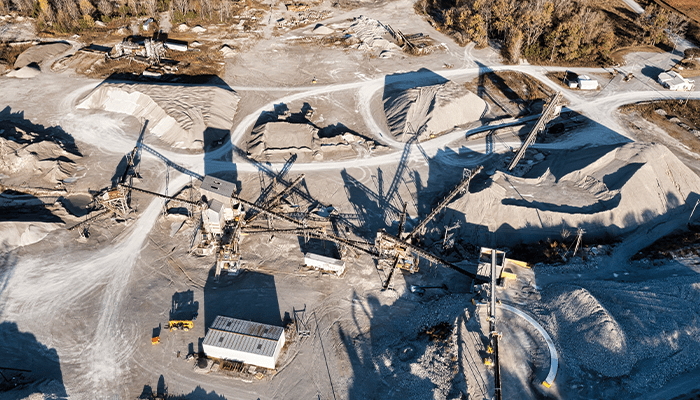
PPE Hazard Assessments in Oil & Gas
A recent injury incident in Midland, Texas, has spotlighted a little-known hazard related to working with sodium hypochlorite, also known as, bleach.
An employee, who was performing water treatment duties in conjunction with the water transfer department, violated the standard operating procedure when working with sodium hypochlorite and suffered second and third degrees burn on his backside. The pump that the employee was utilizing to inject the sodium hypochlorite into the water manifold would not prime. The employee deviated from the standard operating procedure and inadvertently broke the line that contained 12.5% sodium hypochlorite. The employee was wearing the required PPE [issued by the employer and recommended on the Safety Data Sheet (SDS)]; goggles, face shield, chemical splash apron, and chemical-resistant gloves. When the line broke, the employee instinctively turned his back to the spray. The employee, who was also wearing FR clothing, was saturated up the backside and sustained second and third-degree burns from the exothermic reaction between the chemical used to make FR, FR, and the sodium hypochlorite.
Through the OSHA Alliance program, the Energy Vertical Risk Management team was able to contact OSHA directly for guidance on this particular concern. This was a new hazard that OSHA was not aware of, and the OSHA compliance specialist made the decision to send this question to Washington D.C. for further guidance. Although the response from OSHA was vague it did reaffirm our corrective action, which was to reevaluate the PPE hazard assessment for this specific job, retrain the water treatment employees, and discuss corrective action with the operator.
PPE hazard assessments are required by OSHA under 49 CFR 1910.132. Ideally, hazard assessments should be performed for each job description where specific hazards have been identified, and steps to mitigate those hazards should be documented in the PPE hazard assessment. Although, operators have mandated certain PPE regardless of the job activity being performed due to a high number of incidents within the oil and gas industry that have been traced back to lack of knowledge by the worker and/or employer. In this case, the sweeping requirement for FR was a contributing factor to the severity of the injury requiring the employee to be airlifted to the nearest hospital for burn treatment.
To help further mitigate these risks, we have gathered care guidance provided by FR clothing manufacturers:
- Replace FR clothing that has had contact with bleach.
- Use standard laundering requirements for FR clothing.
- Avoid bleach, and the potential for FR to become saturated with bleach while being worn.
- Tyndale specifically discusses this concern in the following blog.
The AssuredPartners Energy team is here to assist you with all risks by providing risk assessments and resources for a safer work environment. For additional information on this topic contact the AssuredPartners Energy team today.
Featured News & Insights

The energy sector, which spans oil and gas, utilities, and renewable energy, is one of the most complex and volatile industries in the world. From environmental scrutiny to fluctuating commodity...

On April 18, 2024, the Mine Safety and Health Administration (MSHA) issued a final rule to lower miners' exposure to respirable crystalline silica and enhance respiratory protection measures across...

The recent storms that battered Florida served as a stark reminder of the vulnerabilities that come with alternative energy infrastructure, particularly solar and wind. As the transition to...